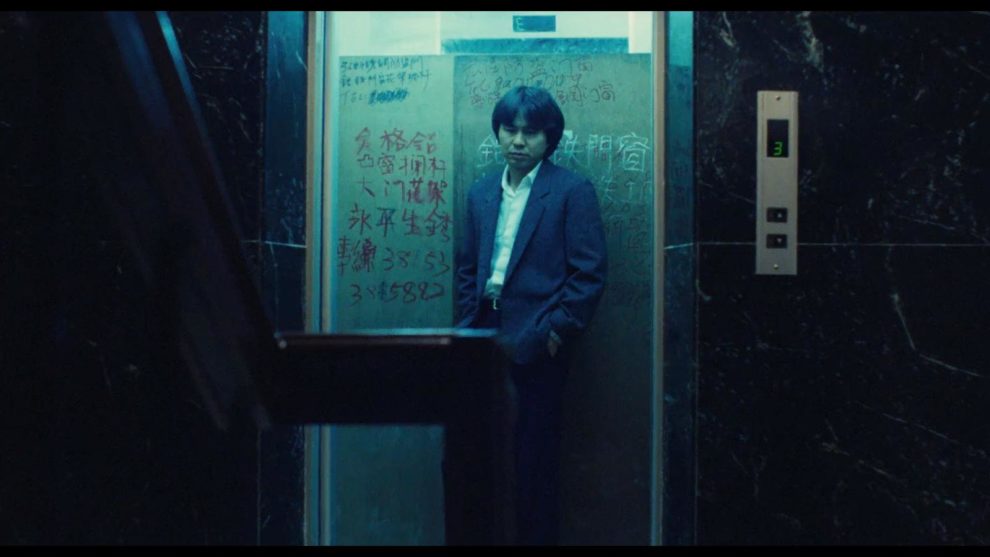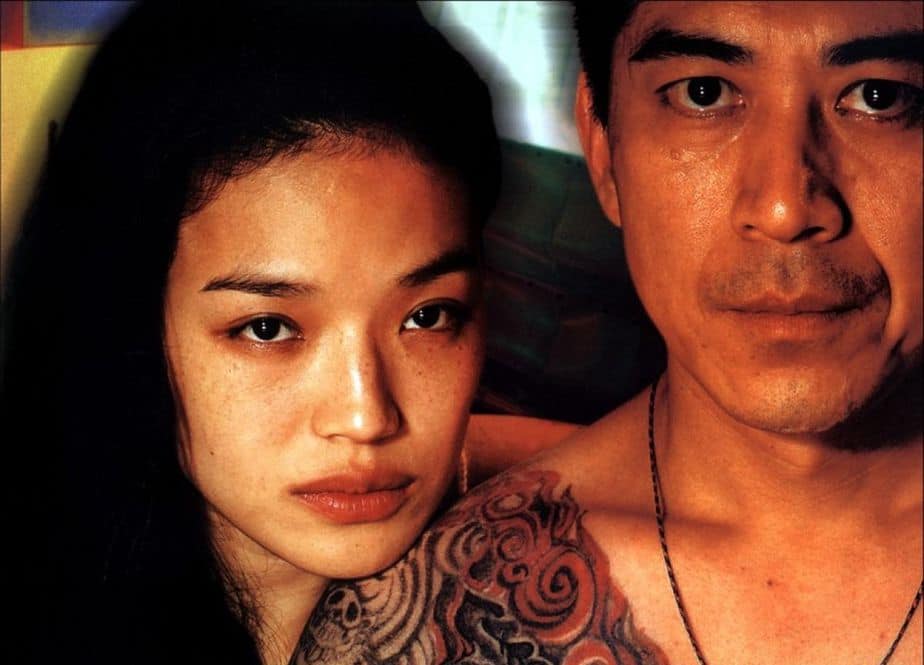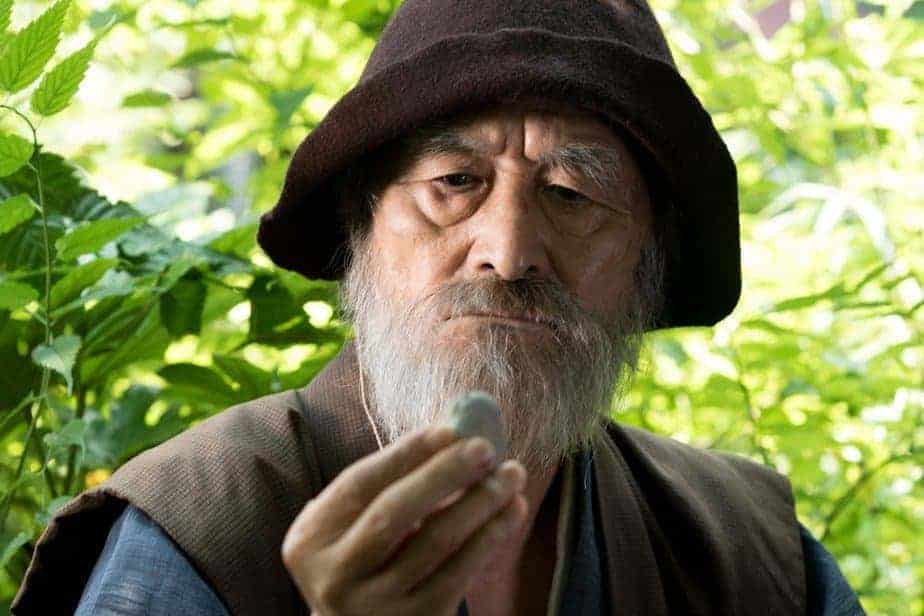Edward Yang began filmmaking while he was in his 30's, and died of cancer at the young age of 59. Throughout his all-too-brief filmography, the seven full-length titles he produced are arguably some of the most retrospective films to ever grace the world theater. Yang's sophomore feature film ‘Taipei Story' is no exception; working alongside prolific director Hsiao-Hsien Hou, this depiction of young adults navigating a dreadfully uncertain new time is so universally relatable that even viewers in 2021 are bound to experience a palpable sense of melancholy throughout its two hour runtime.
Taipei Story is screening at Taiwan Film Festival Edinburgh

Set in mid-80's Taiwan, ‘Taipei Story' tells the tale of childhood-sweetheart-turned-adult lovers Lung (in a rare acting performance from Hou Hsiao-Hsien) and Chin (played by Tsai Chin, a Taiwanese pop star and Edward Yang's wife at the time) as they try to build a life for themselves. Lung is a washed out former member of a Little League baseball team who compromises himself by trying to help others at whatever cost necessary. Chin is an undecided young woman trying to survive each day in a time of financial uncertainty. Both Chin and Lung are trying to build their young adult lives in the strange and alienating urban realm of 1980's Taipei, and the story follows their respective journeys as they bump into fellow lost souls along the way.
The movie's key concept seems to focus on Lung and Chin's entrapment; these star-crossed lovers are trapped in a purgatory between the past and the future, and find themselves tight in the grip of a nation that repels them but does not offer a way of escape. Chin wants to buy a new house in Taiwan's capital city, but her job position and financial stability seem to change on a daily basis; Lung dreams of abandoning his career as a fabric seller and beginning a new life with Chin in the United States, but he knows this will never happen as he is constantly dragged down by the people in his life he feels he is indebted to. Meanwhile, the younger people in ‘Taipei Story' appear restlessly excited as their country acclimates to the new thrills of a Western-inspired consumer culture, the older people appear forlorn and nostalgic of their younger days, and the movie's central characters are caught somewhere in between these two extremes.
Yang's story makes the most sense when placed in its socio-political perspective: In the 1980s, Tawan was one of the most rapidly growing countries in the world as it quickly became an essential hub for the global manufacturing of electronic components and car parts. Singapore, Hong Kong, and South Korea also experienced rampant financial change around this time, but of the countries which comprise what is now known as the movement of the Four Asian Tigers, Taiwan developed at the quickest rate.
For many Taiwanese citizens, the feeling of living in 80s Taipei was one of disassociation; with every day came a new surprise. This sense of uncertainty is palpable in the performances of Hou Hsiao-Hsien and Tsai Chin, who do a wonderful job at depicting Lung and Chin's tremulous relationship. What can be felt in these stellar performances is also communicated in Yang's directorial skills, and the pacing is slow, silent and contemplative as characters roam through Taipei's alienating urban landscape.
Like all of Edward Yang's movies, ‘Taipei Story' takes time and reflection in order to be appreciated, and is bound to become beautiful and enjoyable after each rewatch. It is a larger-than-life movie exploring grand-scale problems and complex human conflicts, and for this reason it will make its mark on each viewer differently.
















